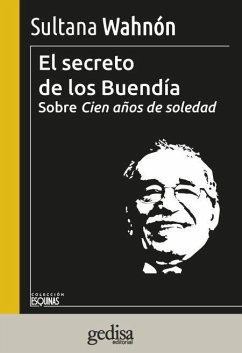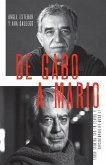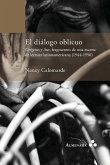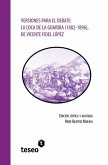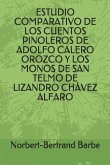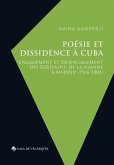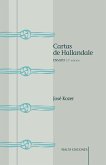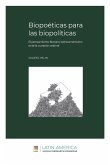Is it possible to decipher the enigmatic One Hundred Years of Solitude? Those passionate about Gabriel García Márquez's total novel will find in this essay a revolutionary approach masterfully defended by Sultana Wahnón, who presents herself as our particular Aureliano Babilonia in the task of revealing the family history of the Buendía family. With fast-paced prose, Wahnón breaks down the form and content of One Hundred Years of Solitude, gathering the contributions of critics and scholars such as Mario Vargas Llosa or Graciela Maturo to argue her thesis, which she admits came to her almost as an epiphany: the Jewish origin of the Buendía family. Secrecy and symbolism, biblical references and historical correspondences, The Buendia's Secret is an invitation to discover the definitive keys to the Melquíades parchments. If García Márquez conceived his novel in the image and likeness of the manuscripts, as the author himself suggested when he described it as a 'coded representation of reality' and as a divination of the world, it would be logical that it could also be deciphered. Welcome to Macondo, the promised land.
Hinweis: Dieser Artikel kann nur an eine deutsche Lieferadresse ausgeliefert werden.
Hinweis: Dieser Artikel kann nur an eine deutsche Lieferadresse ausgeliefert werden.

